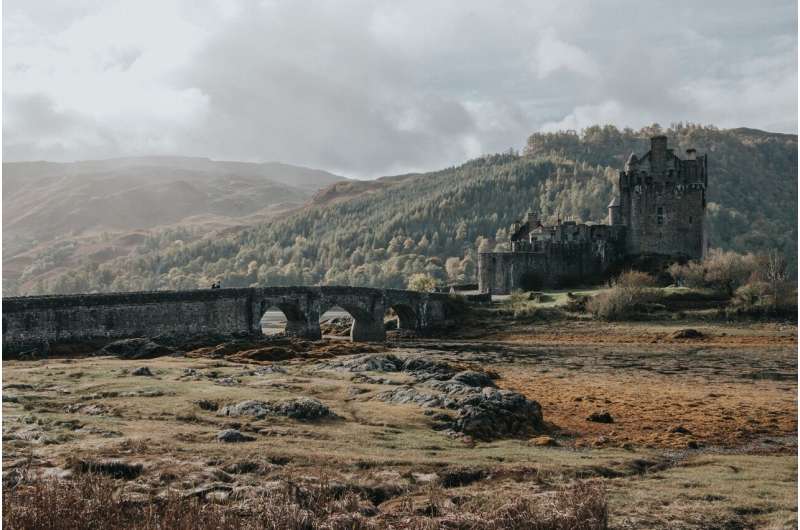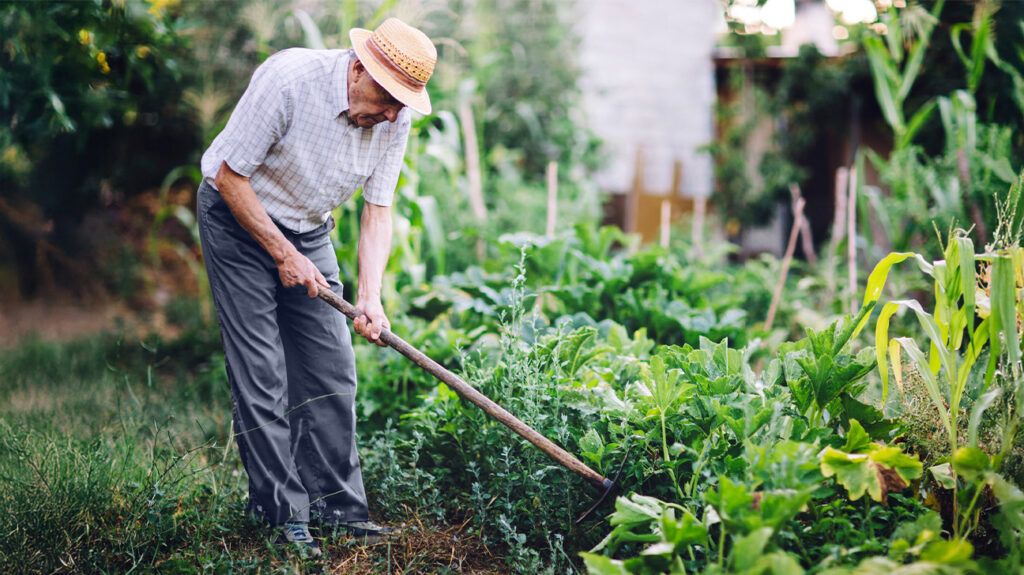Ancient Medieval Strategies to Stay Cool During Summer Heatwaves

Discover historical strategies from the Middle Ages that can help you stay cool and resilient during modern summer heatwaves, including flexible work, appropriate clothing, cooling foods, swimming, after-sun remedies, and seeking shady retreats.
As England faces its fourth heatwave of 2025, reminiscent of the intense summer of 1976, historical summers have once again become relevant. The 1976 heatwave saw temperatures soaring above 30°C with almost no rain for nearly two months, leading to water rationing. But even before that, Europe endured worse heat events, such as the droughts of 2003, the prolonged summer of 1911, and the unprecedented 1540 season when rainfall was nearly absent all year, allowing crosses to be walked across the Rhine. During the medieval period, the North Atlantic region experienced a warm climate anomaly, with temperatures about one degree Celsius higher than today’s average, leading to hot and dry seasons that inhabitants learned to manage effectively.
Despite our modern lifestyle, ancient European methods offer valuable lessons for surviving summer heat. Researchers are exploring how medieval societies adapted their environment, agriculture, and daily routines to cope with extreme temperatures, providing insights into sustainable living in a changing climate.
Here are six historical tips from the Middle Ages to help beat the heat:
Work Flexibly: Medieval laborers, clergy, and knights adjusted their schedules, beginning work at dawn to avoid the hottest parts of the day. They shortened their daytime activities and postponed strenuous tasks until cooler morning hours.
Wear Appropriate Headgear: Hats were common in medieval Europe for practical purposes, with wide-brimmed options like the Swedish Lappvattnet hat providing shade and protection from the sun.
Eat Cooling Foods: To lower body temperature, medieval diets included salads made from fresh, palatable leaves and fish or meat cooled with vinegar or unripe grape juice called verjuice.
Embrace Swimming: Communal swimming in rivers and lakes was encouraged for health, hygiene, and enjoyment. Medieval manuals describe swimming and diving as popular leisure activities, especially in city waterways like the Seine, Rhine, and Danube.
Use After-Sun Remedies: To soothe sunburned skin, monks gathered herbs to prepare remedies. Bald’s Leechbook, an early medieval medical text, recommends applying ivy sautéed in butter or rosewater to burns—precursors to modern after-sun lotions.
Seek Cool Retreats: When temperatures soared, the elite left city centers for countryside estates or coastal retreats. Figures like Emperor Charles V and King Richard II escaped the heat by relocating to shaded country homes or seaside locations, a practice that continues today.
Understanding how medieval Europeans adapted to hot climates highlights sustainable practices that could inform our responses to current climate challenges. Their experience reminds us that resilience and flexibility are key to enduring extreme weather conditions.
Stay Updated with Mia's Feed
Get the latest health & wellness insights delivered straight to your inbox.
Related Articles
Cardiologist Supports Nurses in Adopting Healthier Eating Habits and Self-Care
A cardiologist has launched a lifestyle program to help nurses adopt healthier diets and manage stress, aiming to prevent cardiovascular disease and promote overall well-being among healthcare workers.
Preventing Hand Injuries in the Kitchen: Tips for Safe Cooking and Cleaning
Learn essential safety tips to prevent hand injuries while cooking and cleaning in your kitchen. Expert advice from Mayo Clinic emphasizes caution during holiday gatherings and everyday use.
Expert Spine Care Tips from a Leading Spine Specialist
Discover expert advice on preventing and managing back pain through lifestyle changes, exercise, ergonomics, and conservative treatment options from a leading UCSF spine specialist.



